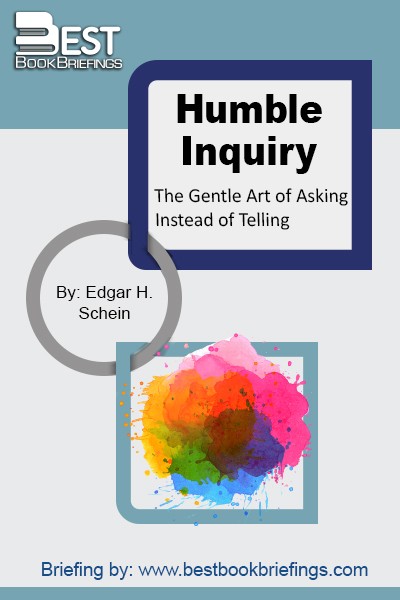Humble Inquiry
The Gentle Art of Asking Instead of Telling
Number of pages: 144
Publisher: Berrett-Koehler Publishers
BBB Library: Communication
ISBN: 9781609949815
Editorial Review
Ed Schein defines Humble Inquiry as “the fine art of drawing someone out, of asking questions to which you do not know the answer, of building a relationship based on curiosity and interest in the other person.” In this seminal work, Schein contrasts Humble Inquiry with other kinds of inquiry, shows the benefits Humble Inquiry provides in many different settings, and offers advice on overcoming the cultural, organizational, and psychological barriers that keep us from practicing it.
Book Reviews
Books on Related Topics
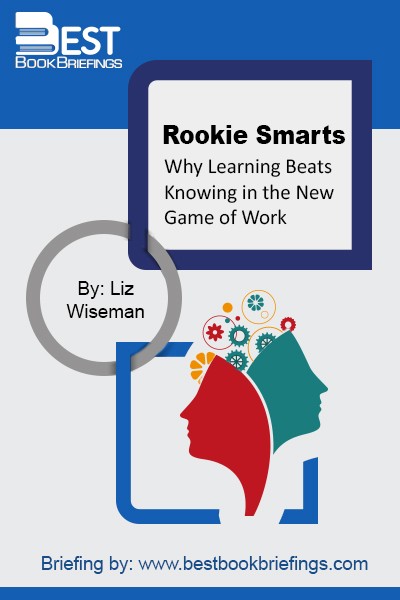
We need to build a rising generation of leaders who aren’t afraid to tackle the world’s toughest challenges. We need leaders who know how to mobilize a diverse set of experts and use all the intelligence and human capability inside our organizations. Rookie smarts isn’t an age or experience level, it

Questions can elicit information, of course, but they can do much more. Astute leaders use questions to encourage full participation and teamwork, to spur innovation and outside-the-box thinking, to empower others, to solve problems, to build relationships with others. Recent research—and the experience of a growing number of organizations—now points to
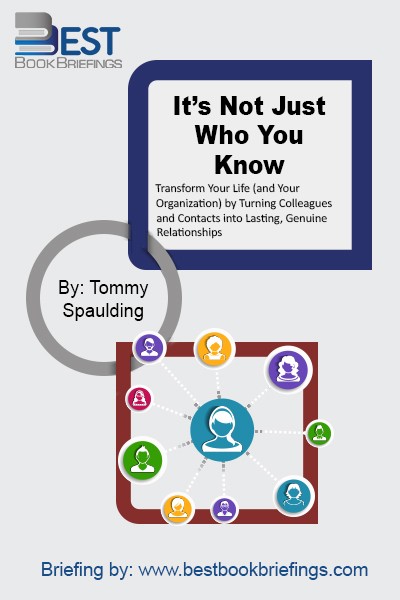
You can’t win long-term loyal friends and customers just by smiling, remembering people’s names, and paying compliments. It’s not all about you. At every turn, the most powerful benchmarks of success involve relationships in which focus is on helping others. That type of focus generates what we call Return on Relationships
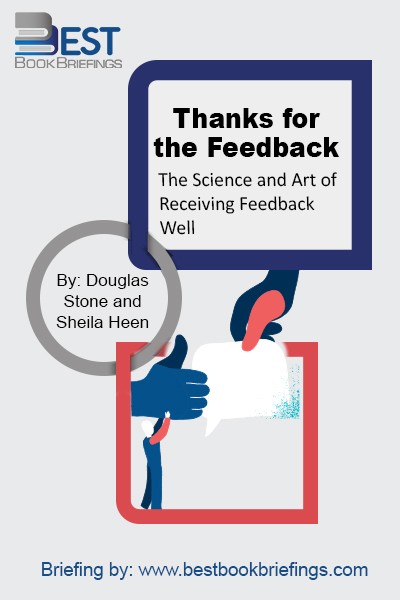
This book is about the profound challenge of being on the receiving end of feedback – good or bad, right or wrong, flippant, caring, or callous. Our primary purpose is to take an honest look at why receiving feedback is hard, and how to provide a framework and some tools that
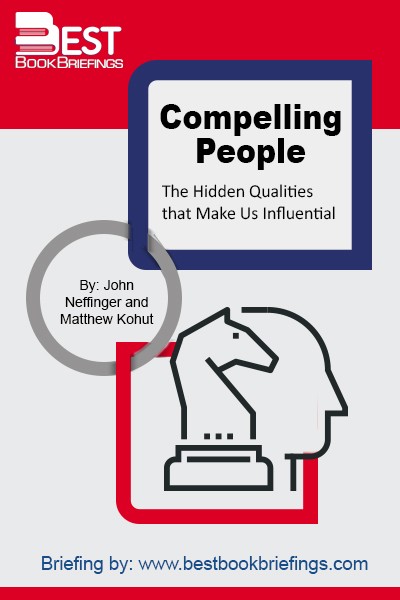
People who project both strength and warmth impress us as knowing what they are doing and having our best interests at heart, so we trust them and find them persuasive. They seem willing (warm) and able (strong) to look out for our interests, so we look to them for leadership and
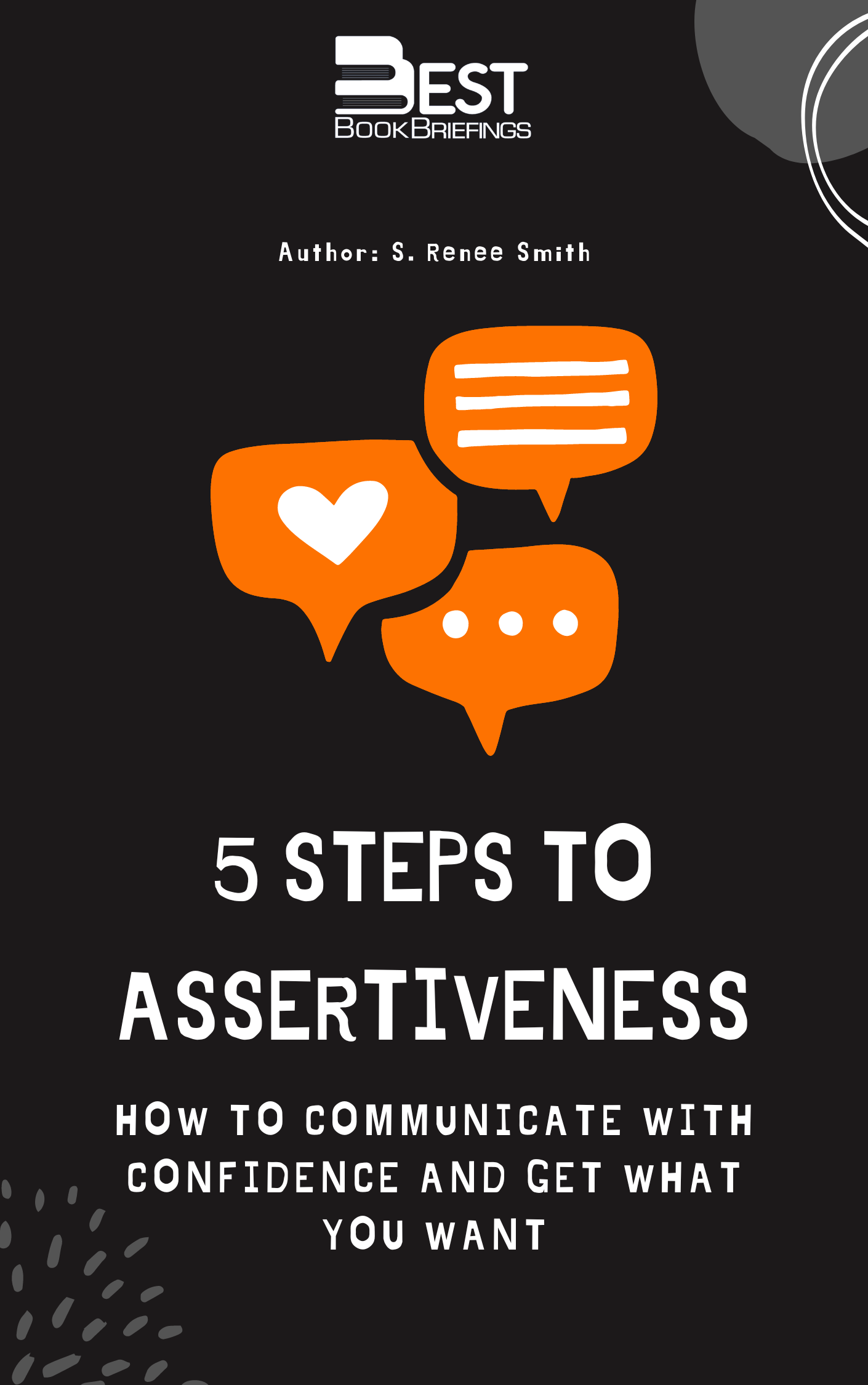
Assertiveness goes beyond standing up for yourself. Assertiveness is saying what you want in a way that makes others want to listen. This philosophy is at the heart of the self-development method created by nationally recognized self-esteem and communication expert S. Renee Smith. In 5 Steps to Assertiveness, the nationally recognized self-esteem

